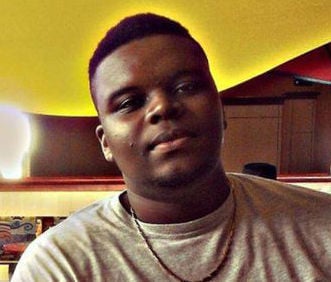OK, no, BlacKkKlansman isn't about Ferguson. But, of course, it is, too. So I'm putting it into my Ferguson group.
Many members of the Ferguson Readings on Race Book Club went to see the movie together or within several days of each other.
The movie trailer below:
As entertainment, the movie is a winner. It kept my attention throughout; the two-plus hours flew by. A mix of humor, action, sadness, romance, fear, anger, injustice, justice - all of the things that make up a life were there.
I also appreciated how the movie pressed some buttons on how we, as individuals, have so many intersections of being-ness, and how these sections can conflict. Two examples from the movie:
- Being a cop and a person of color
- Being a cultural member of a religion often discriminated against versus being a practicing member of that religion
- The devaluation of women as co-actors by white supremacist groups; and
- How particularly insidious racism is when the person who carries the disease is "nice," such as the wife of one of the KKK members
There was a big ol' Fuck You out loud to David Duke, arching back to the 1970s and into the present. This felt satisfying.
With all that I liked about the movie, there was a fluffiness to it that didn't set right. For example, the happy outcome regarding the bad cop was Disneyesque in its sugar-coated superficiality.
This doesn't take away from my strong recommendation to watch the movie.
Boots Riley (screenwriter and director of the movie Sorry to Bother You) wrote a critique of BlacKkKlansman via Twitter. Fortunately for our eyes, Monthly Review Online laid out the full text nicely for us here. I encourage you to read it; the essay is an appropriate companion for the movie, either before or after you watch it.
The trailer for Mr. Riley's movie:








